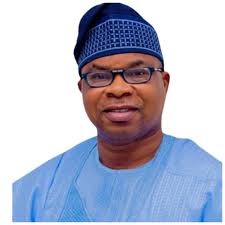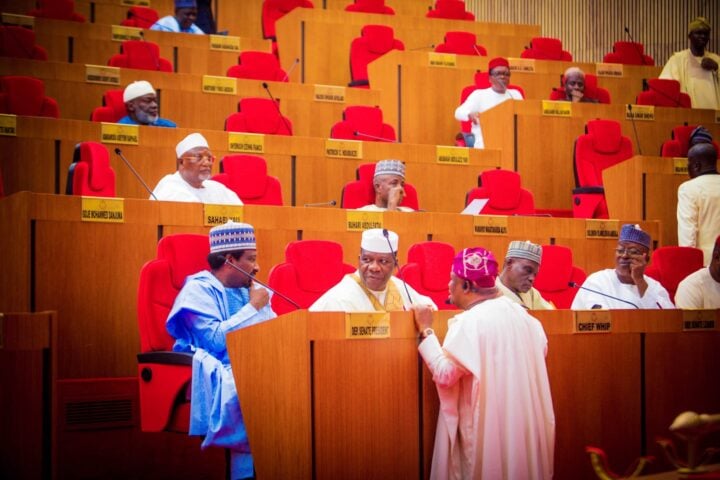NUPENG, PENGASSAN Kick against Employing External Hands in NNPCL

The Nigeria Union of Petroleum and Natural Gas Workers (NUPENG) and the Petroleum and Natural Gas Senior Staff Association of Nigeria (PENGASSAN) have opposed the Nigeria National Petroleum Corporation Limited’s (NNPCL) decision to recruit external candidates for top posts within the organization.
The letter, addressed to the NNPC Group Chief Executive Officer, expressed the unions’ solidarity with their members in NNPC Ltd, stating that there is no proven record of external hiring yielding positive results for the company. The unions cited a previous instance where the entire top management team was replaced with external hires, which they claim did not have a positive impact.
“We wholeheartedly welcome the new GCEO and the board members appointed by the President and Commander-in-chief on Wednesday, 2nd of April 2025.
“However, we unequivocally reject all external appointments made into the M2 position and below on Friday, 4th of April 2025′” the letter said.
The unions are demanding that the NNPC immediately rescind the external recruitment plans, warning that failure to comply will be met with “fierce and serial industrial unrest.”
NUPENG and PENGASSAN have put their in-house group councils and various organs on red alert, preparing for a potential showdown with the NNPC management.
The NNPC’s decision to recruit externally has been met with widespread criticism from industry insiders, who argue that it undermines the career progression of internal staff.
The move is seen as a departure from the traditional practice of promoting from within, which has been the norm in the industry.
The unions’ rejection of the external recruitment plans is not surprising, given the historical tensions between the NNPC management and the unions. The NNPC has faced criticism in the past for its handling of labor relations, with the unions accusing the management of ignoring their concerns and disregarding their input.
The standoff between the NNPC and the unions has significant implications for the oil and gas industry in Nigeria. A protracted industrial dispute could lead to disruptions in oil production, which would have far-reaching consequences for the economy.
The Nigerian government, which relies heavily on oil revenues, is likely to be concerned about the potential impact of the dispute on the economy. The government has been working to increase oil production and attract foreign investment in the sector, but the dispute could undermine these efforts.









